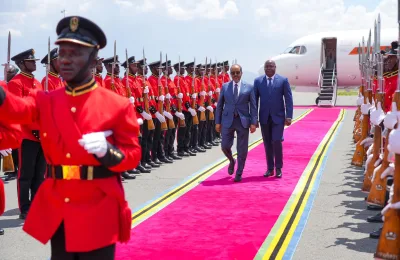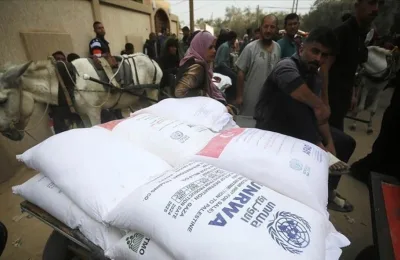Nairobi (AFP) – Furious Kenyan lawmakers have submitted a parliamentary motion to seize British-owned land, if…

Nairobi (AFP) – Furious Kenyan lawmakers have submitted a parliamentary motion to seize British-owned land, if the former colonial power does not rescind its ban on multi-million dollar exports of the “herbal high” khat, reports said Thursday.
MPs from Kenya’s cental Meru region, the country’s key khat-growing area, urged the government to consider repossessing farms occupied by British farmers.
The motion read in parliament Wednesday called for “compulsorily acquiring all land owned or acquired by the British,” The Standard newspaper reported.
Khat — called miraa in Kenya — is the leaves and shoots of the shrub Catha edulis, which are chewed to obtain a mild stimulant effect.
Last year Britain classified khat as a drug, effectively closing Kenya’s last khat market in Europe, after the Netherlands also banned the stimulant.
MP Mithika Linturi called on President Uhuru Kenyatta to take action.
“It is either Uhuru buys off the British farms, or we seek other alternatives to drive the farmers out,” he said, according to The Standard.
Lawmakers from the region have made a string of demands to keep the khat business going. Farmers last year called for British army training bases in Kenya be shut down, a demand that has been ignored by government.
Kenya won independence from Britain in 1963, but British farmers continue to own vast tracts of the East African nation.
While khat is grown across the Horn of Africa and Yemen largely for domestic and regional use, most of Kenya’s crop is cultivated for export.
AFP







